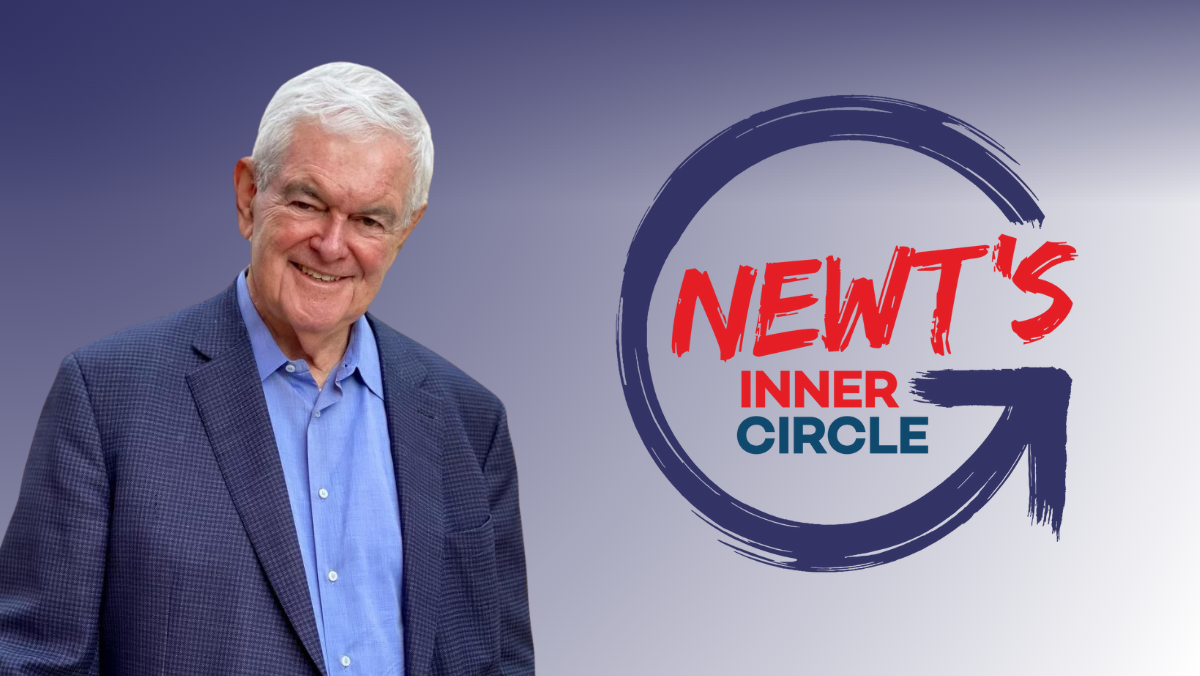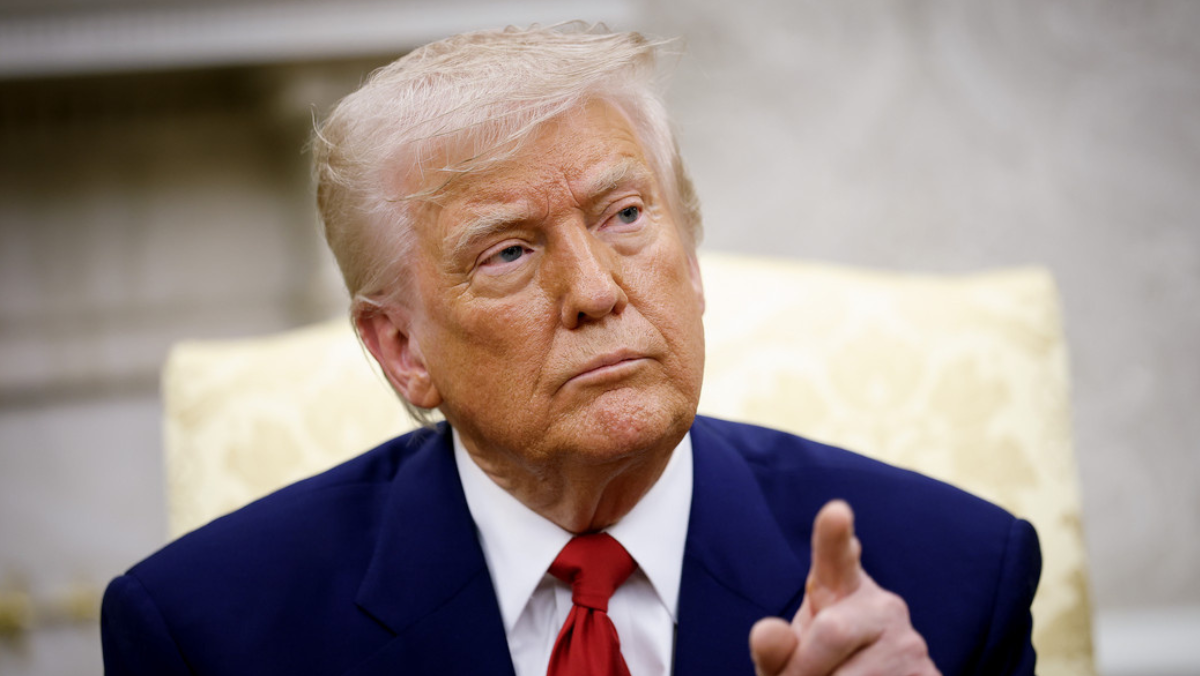The budget and reconciliation debate in Washington has the health care issue exactly backwards.
It is virtually impossible to cut spending on health care as a budget strategy for saving money. The American people simply won’t stand for it. And the Democrats will make it a major focus of their effort to stop President Donald J. Trump and the MAGA movement.
However, it would be irresponsible to avoid serious reforms. The system is bloated, often corrupt, and indefensibly misdirected. It is a sick-care system in which government and insurance company bureaucrats micromanage doctors and nurses – and frustrate patients.
I learned this lesson when we balanced the budget for four years in a row for the only time in the last century.
We were able to balance the budget and solidify our political base. As a result, Republicans have held the House for 22 of the last 30 years after holding the minority for 40 straight years. We understood that you had to do the right thing – and you had to do it the right way.
Many of the reforms that made balancing the budget possible were popular on their own – independent of budget considerations.
Welfare reform is a perfect example.
Scholars such as Marvin Olasky, who wrote “The Tragedy of American Compassion” in 1992, proved that our welfare system trapped people in poverty.
We used their insights to make the case that the welfare system was immoral and harmful to the people it was supposed to help. We weren’t reforming welfare to balance the budget – we were reforming welfare to help Americans on welfare.
By the time we passed welfare reform in 1996, roughly 9-in-10 Americans supported our position. This included the vast majority of those on welfare. This is how we were able to split the Democrats in half in the House (98 voted for reforms, 98 voted against) and get the bill signed by a Democratic President. (Sadly, many of our pro-work welfare reforms were undone by Presidents Barack Obama and Joe Biden.)
I tried to capture this principle as it applied to health and health care (which are not the same) in a book called “Saving Lives and Saving Money.” Anne Woodbury and I wrote it in 2003. After briefing Sen. Bill Frist (a world class heart-lung transplant surgeon and future Senate Majority Leader), he urged us to publish it.
We called the book “Saving Lives and Saving Money” to emphasize that health is a moral issue. People’s lives are more important than money. If people think you are going to save money while risking their lives, they will be furious. However, if effective health policies lead to a less expensive system that improves health, people will support the effort.
Like our broken welfare system that traps people in poverty, our current sick-care system traps people in sickness. It robs Americans of agency and control over their lives and allows those who profit from the system to avoid accountability.
Our broken system is also bad for doctors, nurses, and other caregivers. In the name of protecting patients, we have steadily transferred money and power away from the people who take care of us. We have instead funneled it toward bureaucracies who are money-focused, argumentative, and skeptical of every decision made by doctors.
So, we have an important case to make. It is not compassionate to pay for treatment once people get sick – but be unwilling to help them avoid getting sick. It is not compassionate to transfer power and control over health care decisions to unaccountable public and private sector bureaucracies in the name of protecting patients. It is also not compassionate to tolerate rampant fraud and waste in the system to protect powerful interest groups from accountability.
Two leaders, Robert F. Kennedy Jr. and Dr. John C. Goodman, have shown Republicans the way to create a better, more desirable health system. They have also charted a path to make the Republican Party the party of healthier, longer lives – and better health care when necessary.
Kennedy’s vision and passion is to Make America Healthy Again.
Goodman’s vision is to Make America Honest Again.
They are mutually reinforcing.
Kennedy’s vision would improve the health of Americans, so they are happier and more productive. A healthier America would need a lot less health care. As a result, savings would be natural. If you are healthy, you don’t need expensive drugs. If you are healthy, you don’t need a huge bureaucracy looking over your doctor’s shoulders.
Goodman’s vision begins with the startling realization that the current sick-care system is incompetently run. We spend hundreds of billions of dollars a year to pay crooks. When nearly 18 percent of the entire economy is involved with health, it should not surprise us that a lot of smart criminals find ways to get some of the money. When infamous bank robber Willie Sutton was asked why he robbed banks, he said “that’s where the money is.” Sutton would have admired the modern whiter collar criminals who are stealing from health care. Today, that’s where the money is.
If Republicans implement Kennedy’s vision of Making America Healthy Again, they will improve the lives of Americans and save trillions of dollars from better outcomes through better policies.
If Republicans implement Goodman’s advice, they will save hundreds of billions of dollars by not paying crooks, who will then have to learn to make an honest living.
The combination of Kennedy and Goodman’s visions will make America healthier again and move us toward a balanced budget. This will be achieved through a better health care system– not through spending cuts.
Now is the time for Republicans to accept the dual challenges of Making America Healthy Again and Making America Honest Again.
Americans will reward them for having the right values and developing the right, popular policies based on those values.
For more commentary from Newt Gingrich, visit Gingrich360.com. Also, subscribe to the Newt’s World podcast.






